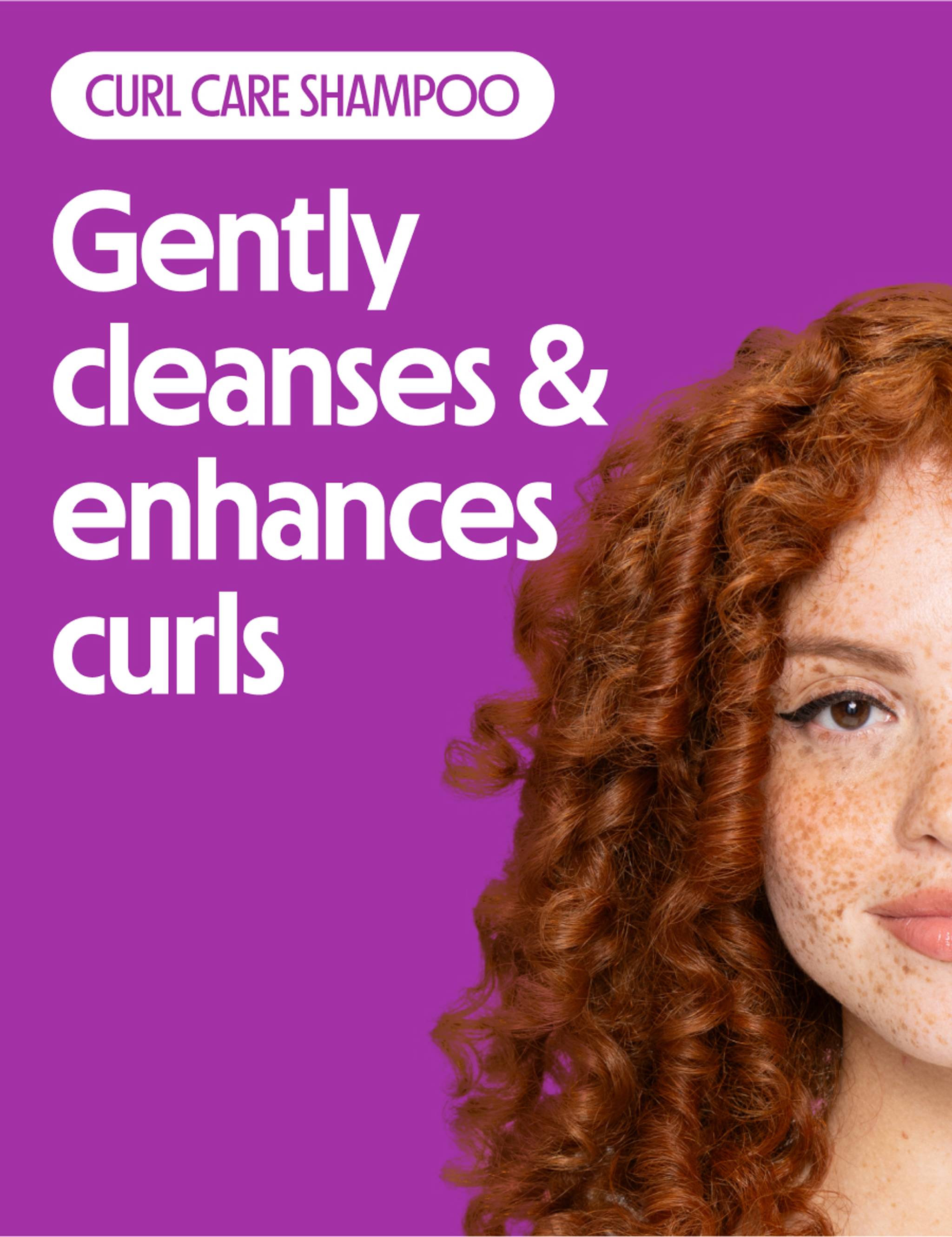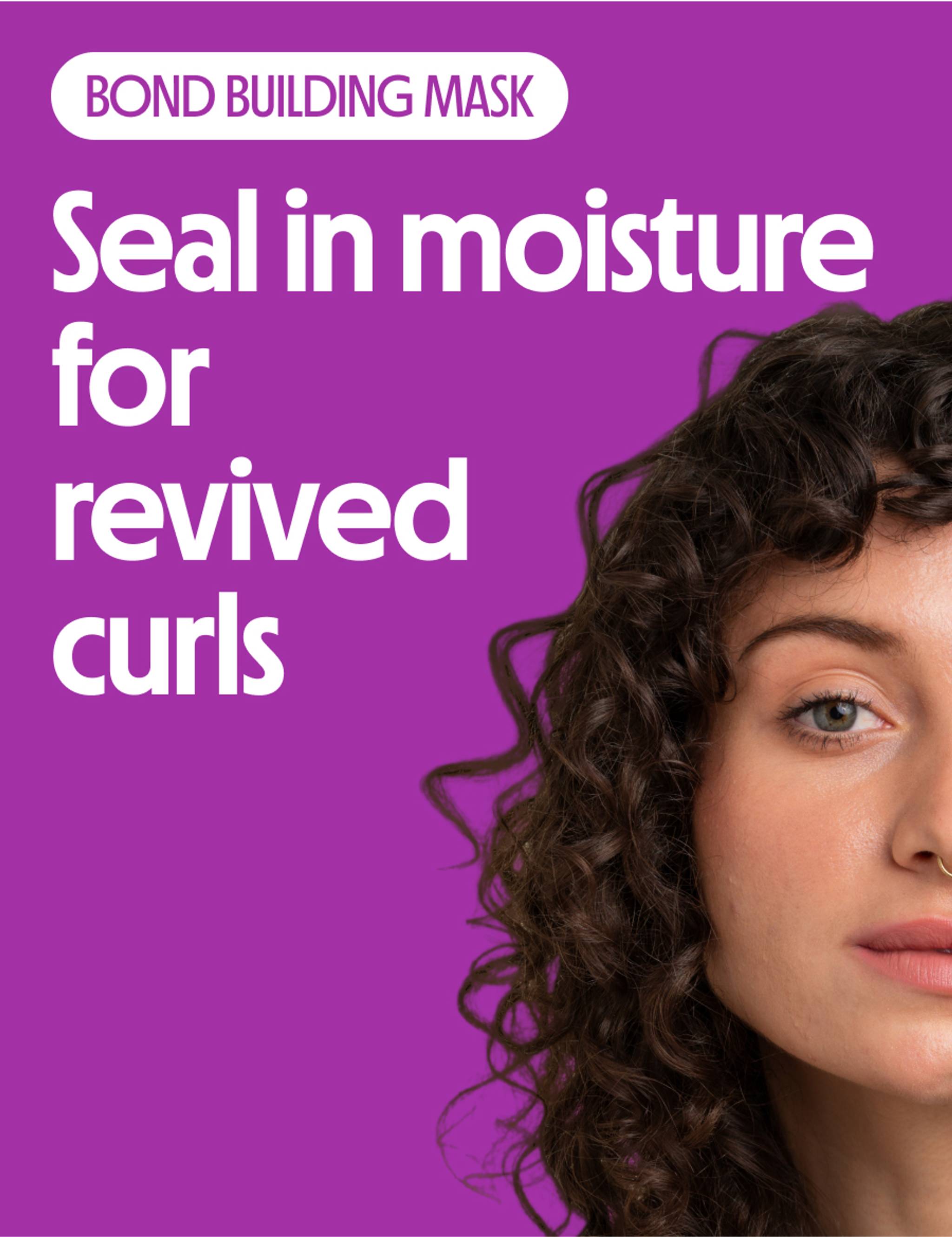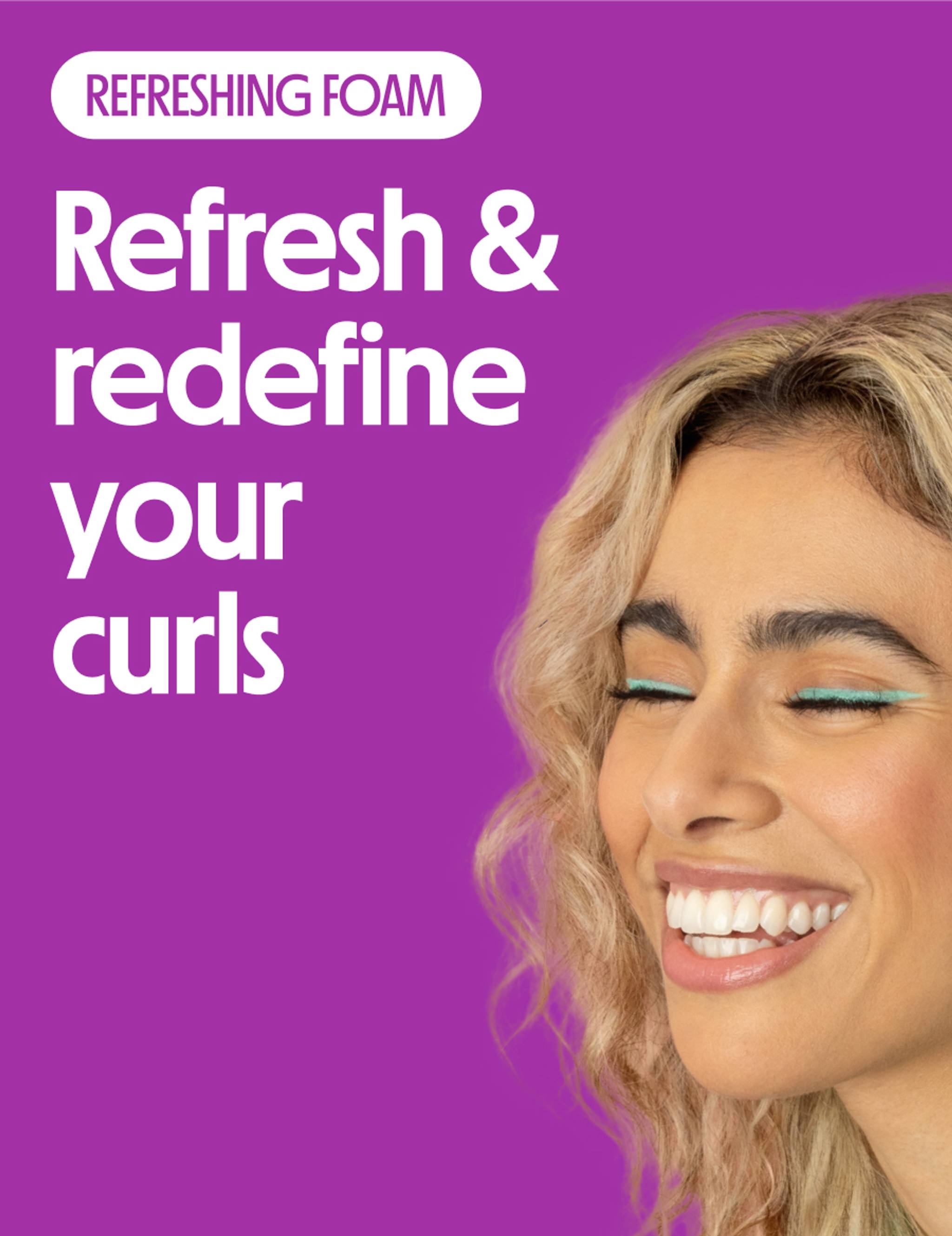
Why Ingredients Matter in Shampoo for Curly Hair
Curly hair is more than a texture—it's a lifestyle. And that lifestyle begins with choosing the right shampoo. For anyone building a curly hair routine, knowing which ingredients to avoid is just as important as knowing which ones to love. The wrong shampoo can flatten, dry out, or frizz-up your curls before your style even starts.
This guide breaks down the most which shampoo ingredients for curly hair you should avoid, how to spot them, and what to use instead for definition, hydration, and bounce.
Curly hair is naturally drier and more porous than straight hair, which makes it more vulnerable to harsh ingredients. Since curls coil and curve, natural oils from the scalp struggle to travel down the strand, leading to dryness and breakage if not properly cared for.
The wrong shampoo for curly hair can strip essential moisture, disturb the curl pattern, and cause long-term damage. That’s why ingredient awareness is key to curl confidence, effective curly hair care, and serious frizz control.
Top Ingredients to Avoid in Shampoo for Curly Hair

If you’re chasing curl definition, bounce, and hydration, here are the top ingredients to watch out for:
- Sulfates: Sulfates in shampoo (like SLS and SLES) are strong detergents used to create lather. While they clean thoroughly, they can strip away natural oils and damage the curl’s protective barrier, leading to dryness, brittleness, and breakage.
- Parabens: These synthetic preservatives can disrupt the scalp’s microbiome and irritate sensitive skin. They’ve also been linked to long-term health concerns, which is why clean beauty routines skip them altogether.
- Silicones: While not inherently bad, non-water-soluble silicones can cause silicone build-up. This coats the hair shaft, blocks moisture, and flattens curls over time, making them appear limp or greasy.
How to Read Shampoo Labels Like a Curl Expert
Don’t let long ingredient lists intimidate you—reading shampoo labels gets easier once you know what to look for.
- Check the top 5 ingredients: These make up most of the formula.
- Look for red flags: Avoid words like “sodium lauryl sulfate,” “ammonium laureth sulfate,” “dimethicone,” and “methylparaben.”
- Spot safe shampoo ingredients: Think plant oils, humectants like glycerin, and mild cleansers like cocamidopropyl betaine.
- Trust labels that say “sulfate-free shampoo” and “natural shampoo”: But always double-check the back.
Knowing how to decode your shampoo is your first step toward consistent curl care. Investing in curly hair care that prioritizes hydration and protection will pay off in the long run.
What Happens When You Use the Wrong Shampoo on Curly Hair
Can the wrong shampoo affect your curly hair? Absolutely.
Using products with sulfates, parabens, or drying ingredients can:
- Strip natural oils, leading to a dry, frizzy texture
- Cause loss of curl definition and shape
- Lead to product buildup
- Increase breakage and split ends
If your curls are falling flat or your scalp feels tight after washing, your shampoo could be to blame.
Better Ingredients to Look for in Shampoo for Curly Hair

Now for the good stuff—ingredients that nourish and protect curls from root to tip:
- Coconut oil: Locks in moisture and softens curls
- Aloe vera: Calms the scalp while hydrating strands
- Shea butter: Rich in fatty acids for frizz control and moisture retention
- Glycerin: Draws in water for plumper, juicier curl
- Rice water: Strengthens strands and enhances shine. NYM’s Curl Talk has Rice Curl Complex, which contains a unique blend of rice amino acids, stearoyl CoA-desaturase, tomato bioferment and keratin amino acids. All of which work synergistically to improve flexibility and enhance curl retention
- Decyl glucoside, Coco-glucoside, or other gentle surfactants: Cleanses without stripping
Look for clean beauty formulas that prioritize curl-safe hydration, safe shampoo ingredients, and gentle cleansing.
The Science of Moisture Retention and Curl Protection
Why is moisture retention such a big deal for curls? Because it determines how your hair behaves—how it feels, styles, and even breaks.
Curly hair has more lifted cuticles, making it prone to losing hydration. When curls lose moisture, the result is dullness, frizz, and shrinkage. A curl-friendly shampoo preserves the hair’s natural oils while adding hydrating ingredients that strengthen and protect.
Curl Talk Bond Building Mask, for example, supports internal repair while locking in moisture for long-lasting frizz control and curl definition. Read more here.
How Often Should You Shampoo Curly Hair—And With What?
There’s no one-size-fits-all answer, but most curly-haired folks don’t need to shampoo daily.
As a general rule, shampoo once or twice a week with a sulfate surfactant-free shampoo.
On wash days, use a gentle, natural shampoo that won’t strip your scalp. Follow up with a curl-enhancing conditioner and styling products like Curl Talk Defining Cream to bring out your best texture.
Need a deeper cleanse? Try a clarifying formula without sulfates once a month to remove buildup safely, especially if you use a lot of styling products.
Tips for Transitioning to a Curl-Friendly Shampoo Routine
Switching from traditional shampoos to a curl-safe formula? Here’s how to ease the transition:
- Clarify first to remove silicone build-up from old products.
- Introduce a sulfate-free shampoo gradually, pairing it with nourishing masks or conditioners.
- Be patient—your curls may need a few washes to “reset” and regain moisture retention.
- Avoid layering heavy silicones during this period to let your curls detox.
You may not see results overnight, but stick with it. Your curls will become more defined, manageable, and healthier with time.
Building a Shampoo Routine That Supports Curl Health Long-Term
A consistent curly hair routine makes all the difference. Build your schedule based on your hair’s needs:
- Daily or in-between washes: Refresh with a water-based curl foam or lightweight leave-in
- Weekly: Use a sulfate-free shampoo + moisturizing conditioner
- Weekly or as needed: Treat with a strengthening mask like Curl Talk Bond Building Mask.
- Bi-weekly or monthly: If you experience silicone build-up or use heavy products, clarify
Use curl-safe, clean beauty formulas to keep your hair happy long-term. A great shampoo for curly hair is more than just cleansing—it's step one in unlocking your curl potential.
Final Takeaway:
Curls thrive when they’re treated right. By avoiding harsh ingredients like parabens, non-water-soluble silicones, and sulfates in shampoo, you protect your curls' natural shape, health, and bounce. Build your routine around gentle, hydrating formulas and get ready for shinier, softer, more defined curls every wash day and beyond.
Ready to make the switch? Explore Not Your Mother’s Curl Talk collection for curl-empowered, frizz-controlled, definition-boosting haircare that gets your texture. Because curly hair care starts in the shower—and NYM knows how to do it right.





